FMDQ Exchange, the official foreign exchange (Forex) rate tracker, has revealed that the Dollar rate in the widow backed by the Central Bank of Nigeria (CBN) closed at N462/$1 on Tuesday, 21 March 2023.
According to the official market data obtained by Prime Business Africa, the exchange rate settling at N462/$1 was above the N461.50 kobo/$1 reported a day before.
Join our WhatsApp ChannelThis indicates the Naira closed weak on Tuesday, falling by N0.5 kobo or -0.10 per cent at the end of the trading session in the Investors and Exporters window.
It was learnt that the exchange rate between the Naira and the Dollar rose as high as N551/$1 at some period. The forex rate also traded at a low of N460.
Also, during trading in the official market, Prime Business Africa gathered that investors and exporters traded $62.67 million worth of foreign exchange.
This is $62.99 million lower than the foreign exchange transacted on Monday, 20 March 2023, when they traded $125.66 million forex.
This means the value of foreign exchange traded depreciated by –50.12 per cent on Tuesday, indicating low supply in the official market that has not recovered from Dollar scarcity.
Meanwhile, Naira fell in the Investors’ and Exporters’ window after the central bank announced that the weak Naira and the scarcity of the Dollar continue to be a major factor in impeding the growth of Nigeria’s economy.
The Governor of the CBN, Godwin Emefiele, made this known after the Monetary Policy Committee meeting on Tuesday in Abuja, where he also revealed that the Monetary Policy Rate (MPR) has been increased to 18 per cent from 17.5 per cent.
The MPR is used by the central bank to lend to commercial banks, and it is also a benchmark used by lenders when disbursing loans to their customers.
With the increase of the MPR or lending rate, the cost of goods imported into Nigeria could rise, as traders obtain loans from commercial banks to trade in the international market.
Traders with debt will pass the cost of credit to their customers, as well as traders planning to obtain loans from Deposit Money Banks (DMBs).

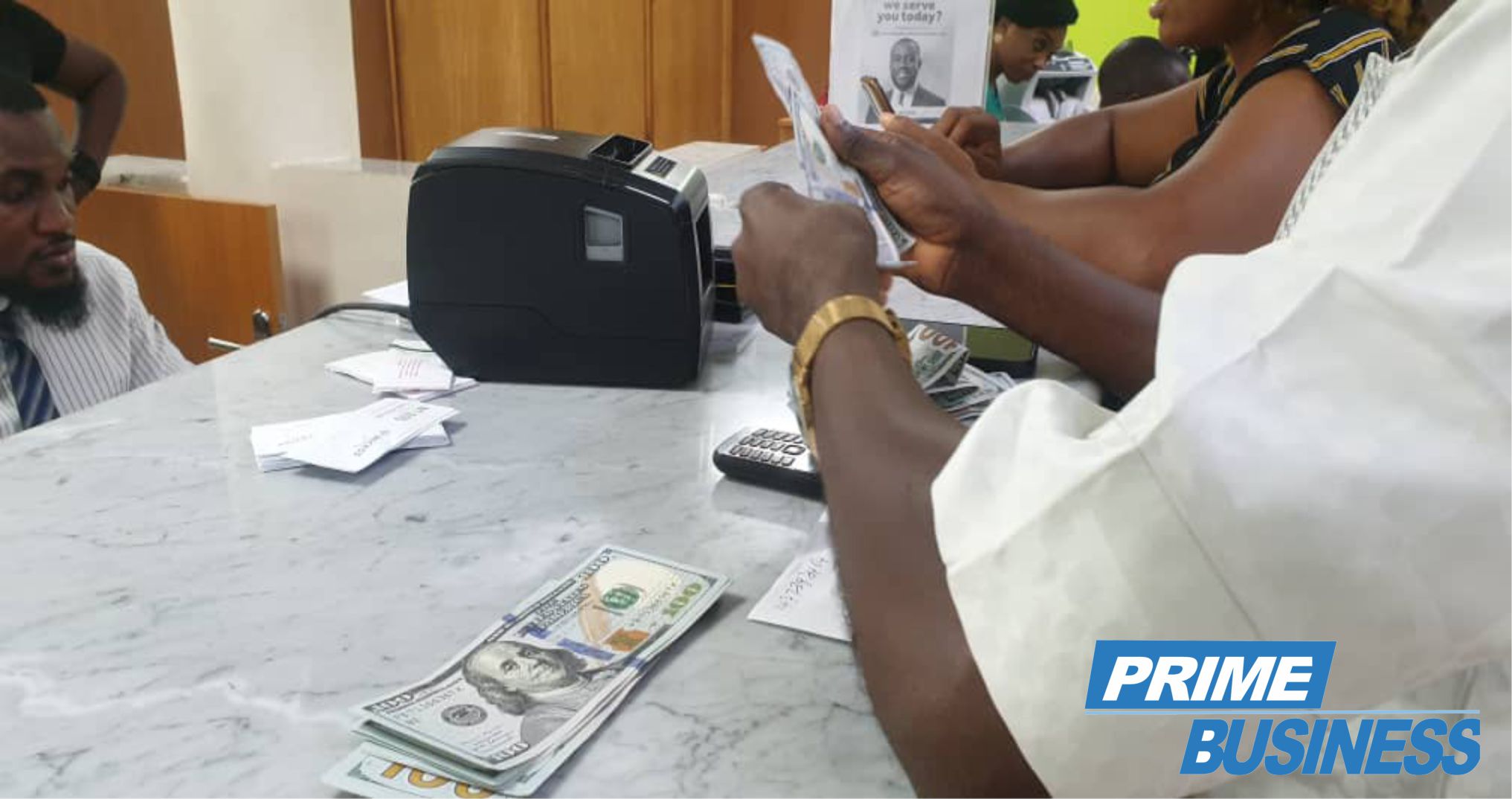


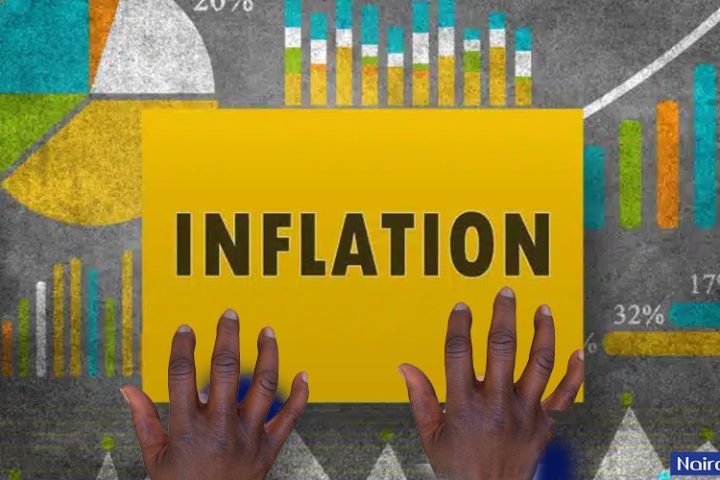

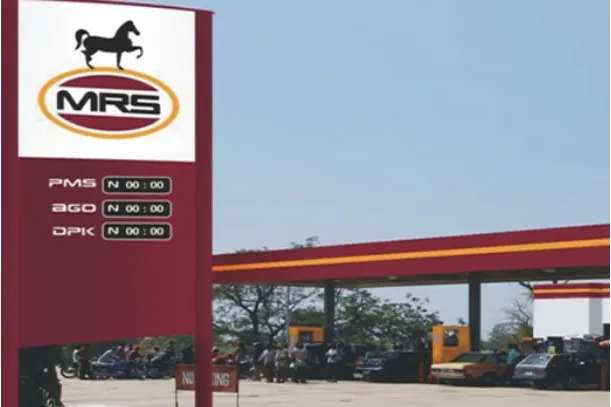



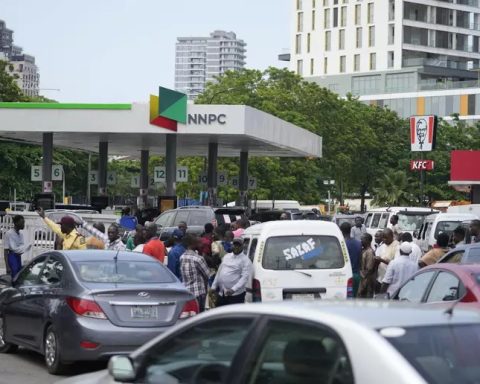

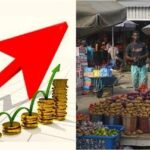

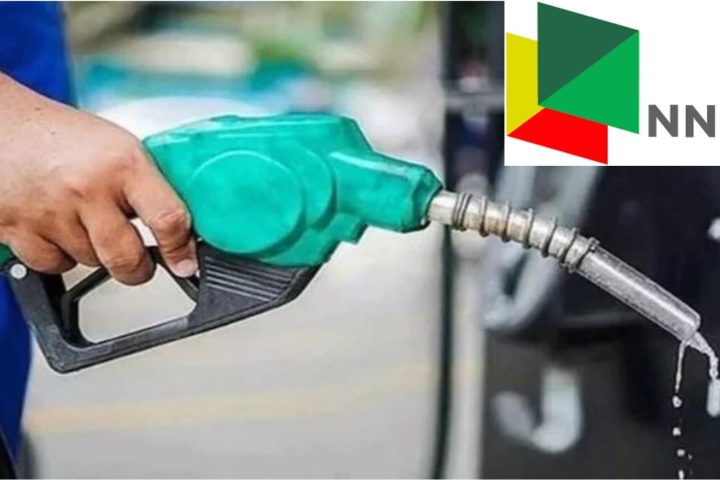
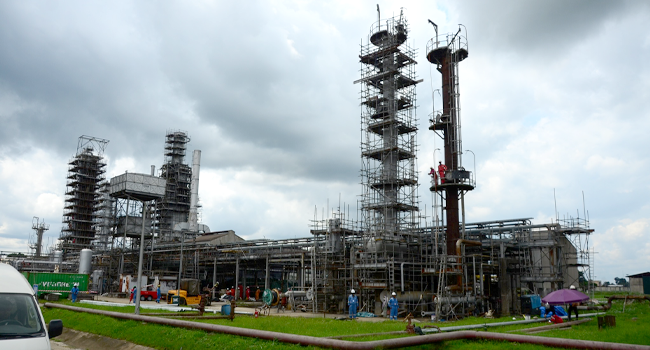

Follow Us